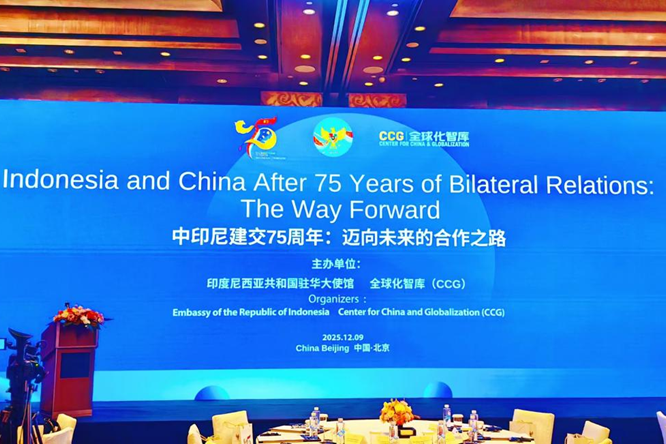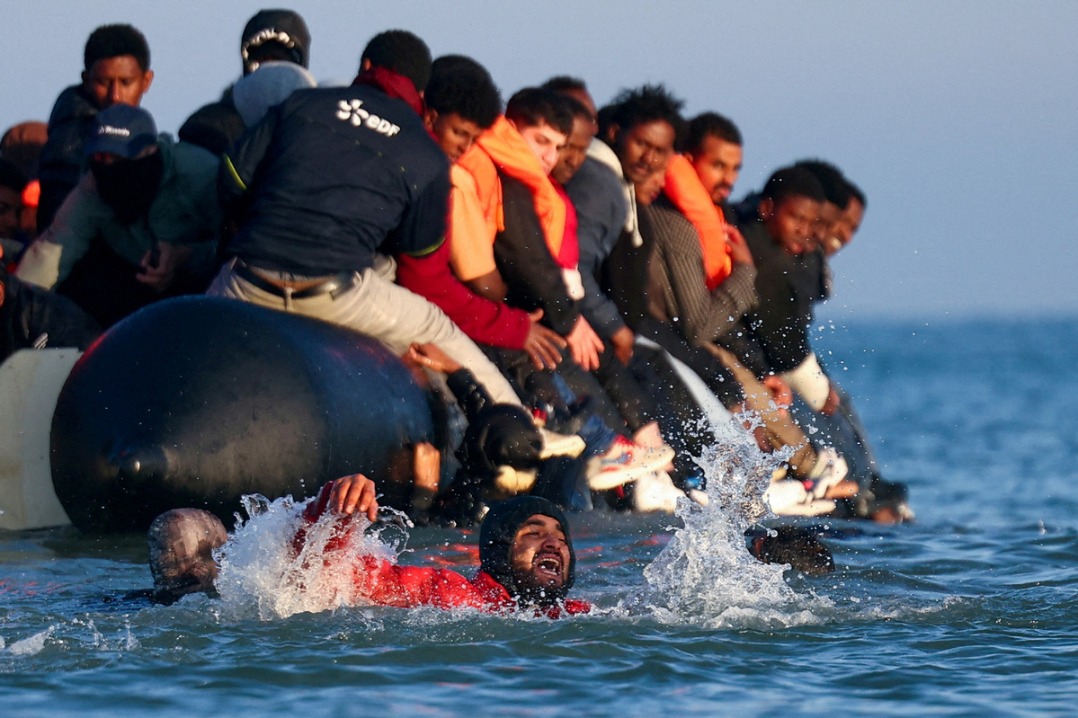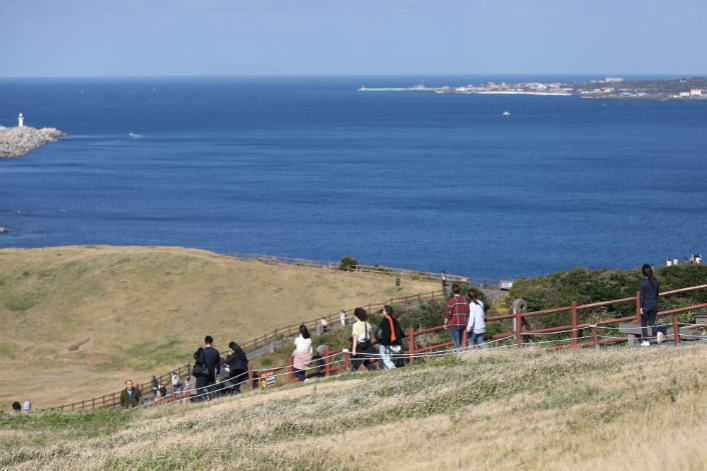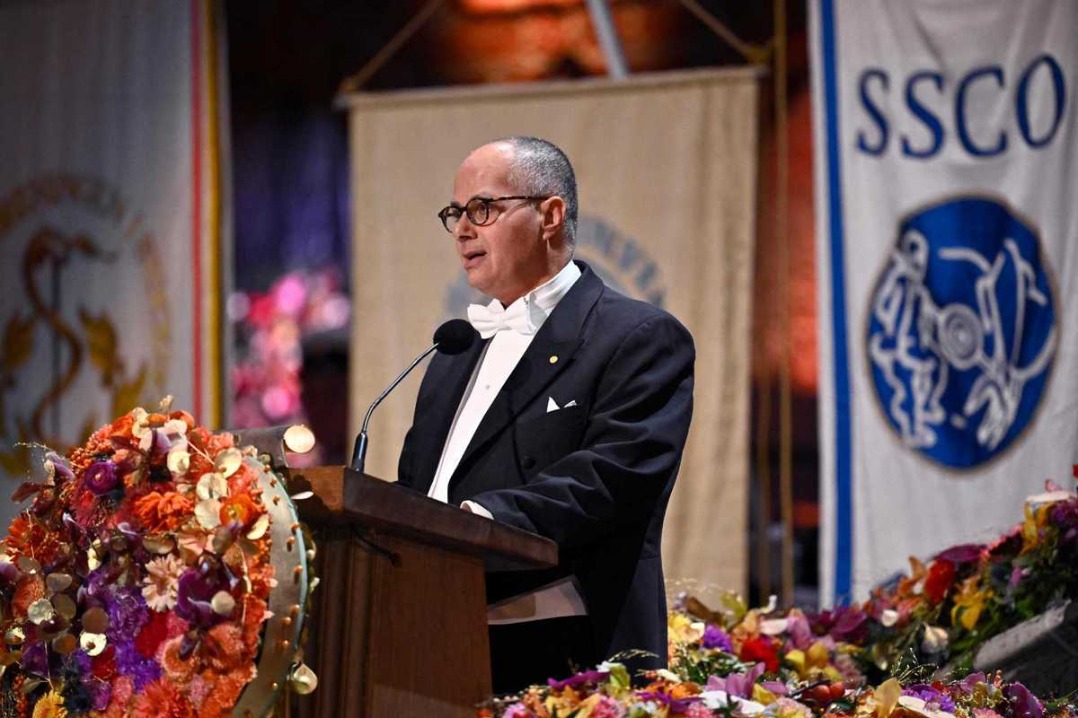Spain set to increase spending on defense

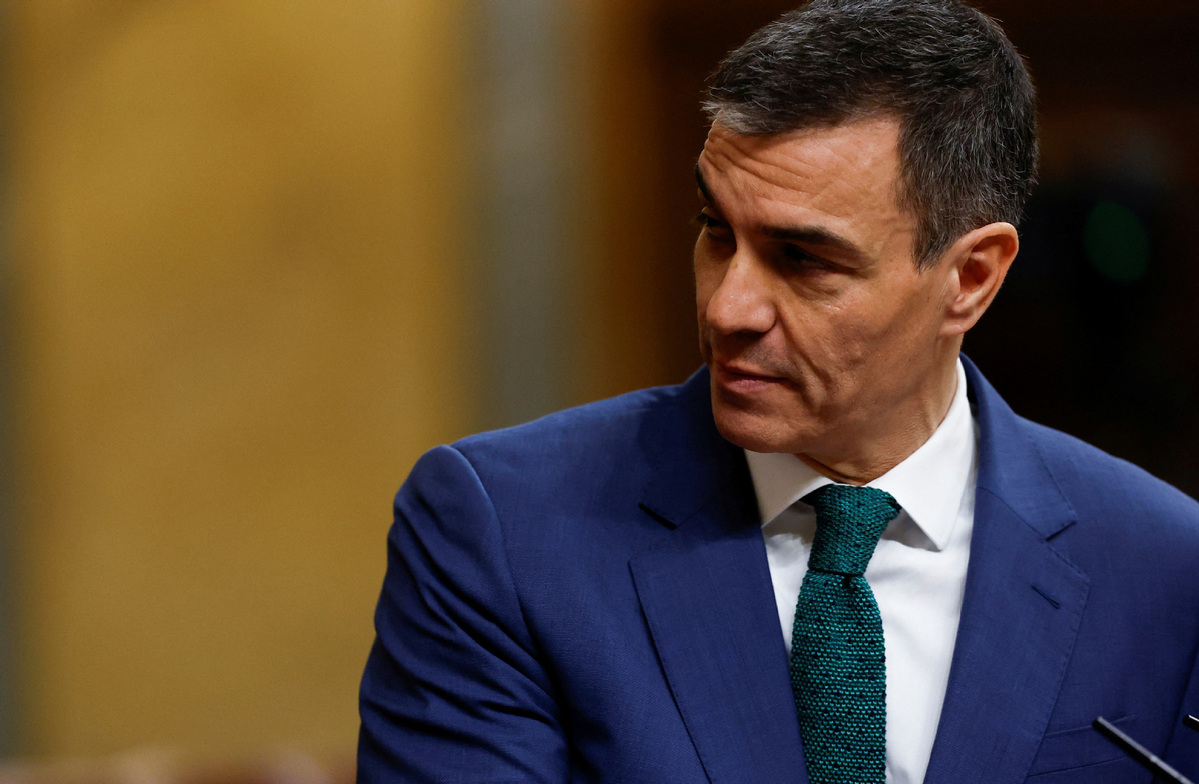
Spain, one of the lowest-contributing members of the NATO military alliance, has announced plans for an investment of 10.5 billion euros ($11.9 billion) in defense, so that it reaches the target of spending 2 percent of its GDP on security.
According to figures published by the 32-nation alliance in 2024, Spain was spending just 1.3 percent of its GDP on defense, as opposed to the biggest-spending member, Poland, which dedicated 4.1 percent. In recent times, United States President Donald Trump has called on all members to push the figure up to 5 percent.
Spain's Prime Minister Pedro Sanchez said what he referred to as an "industrial and technological plan for security and defense" had been approved by his Cabinet and would not need a parliamentary vote because it "does not imply a greater budgetary effort", with changes being financed through "savings and surpluses", including with European Union funding.
He said the vast majority of the money would be directed toward Spanish companies, with more than one-third being spent on improvements to the equipment, training, and working conditions of military personnel, a similar amount being spent on telecommunications and cybersecurity, and the rest on matters such as emergency response capability and supporting Spanish troops deployed on global peacekeeping missions.
The rapidly-changing nature of security threats, he went on, had expanded beyond straightforward military confrontation, and it had become obvious that from now on, "only Europe will know how to protect Europe".
"The enemies of Europe are not just using missiles — as we have seen in Ukraine over the past three years," he continued. "They're also using unmanned drones and paramilitary forces to sabotage supply chains and to cut gas lines and underwater cables."
He also spoke of the threat of social media disinformation campaigns to divide communities and stir up antagonism toward democratic institutions, and the challenges posed by cyberattacks and the targeting of telecommunications.
"In a world that's dominated by uncertainty, Europe is hope and it is certainty — and that certainty must be protected by strengthening our security and defense systems," Sanchez added.
In January, NATO Secretary General Mark Rutte had talks with Sanchez, shortly after he had given a speech at Davos in which he warned: "Those who are not at 2 percent have to get to 2 percent in a couple of months. We can't wait any longer".
However, the move was not universally welcomed, with Sumar, the coalition partner of Sanchez's Socialist government, calling the decision "truly exorbitant" and "incoherent".
















